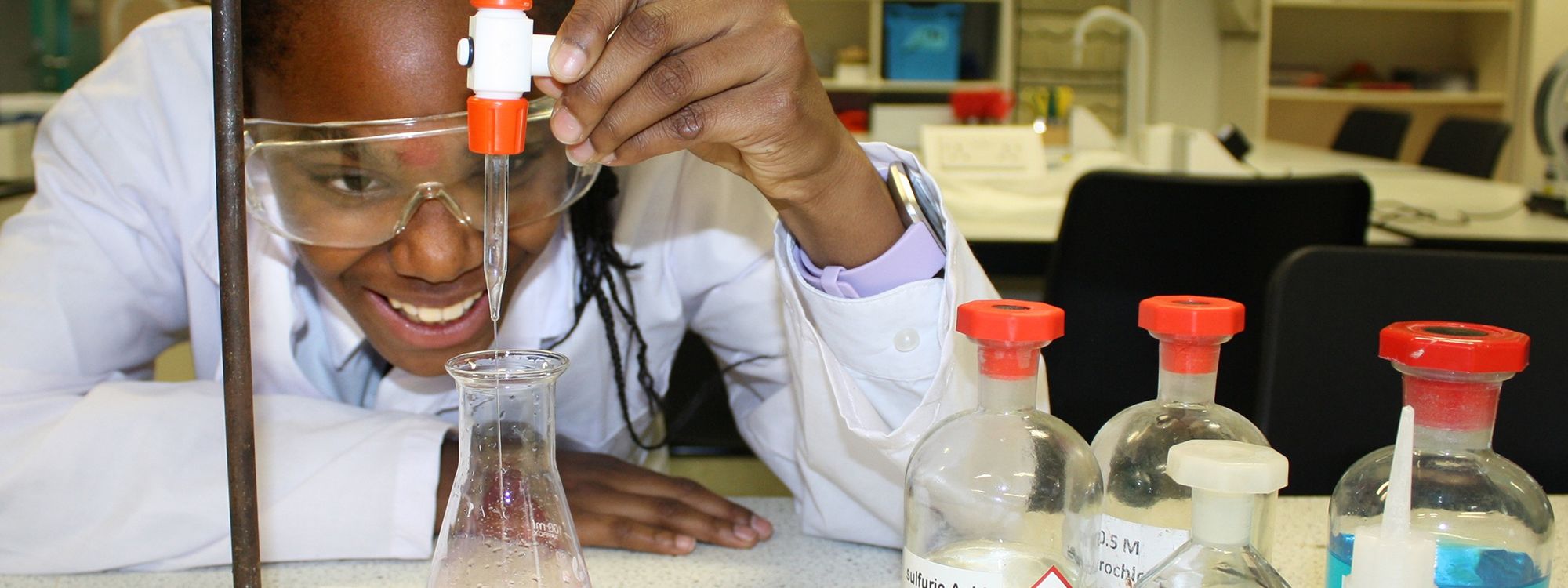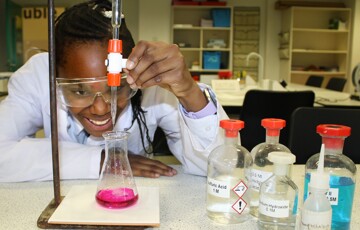- Home
- Parents
- Internet Safety
Internet Safety
Online Risks and Dangers
Keeping pupils safe online is best achieved when school and parents work together. On this page you will find what we are doing in school, as well as helpful advice to keep your children safe at home.
Online safety @ LBTS:
At LBTS, we seek to keep our pupils safe online and some of the things we do to ensure that our pupils are safe online include:
-
Filtering the websites and networks that can be accessed through our network and our devices. This ensures that our pupils can only access acceptable and reasonable websites on our workstations e.g. www.bbc.co.uk
-
Teaching our pupils about online dangers and how to stay safe online – some of the topics that we teach include:
- Malware e.g. viruses, worms, Trojans, ransomwares etc.
- How to stay safe on social media sites
- Online predators (perverts)
- Scams e.g. phishing, vishing, online dating scams etc.
- Hacking etc.
-
Teaching online safety principles to our pupils during school assemblies, trips, seminars etc.
Advice for Parents:
The internet and the technologies used by children can sometimes feel intimidating, especially if you are not internet savvy, use the technologies regularly yourself or don’t know anything about a particular site.
Don’t be scared! Though technology does move fast there are simple things you can do to help protect your child online. Most importantly, remember that rules you set your children in the real world can also apply in the online world.
You CAN take control by following the simple rules below:
-
If possible, install a parental control app on all your child’s devices
-
Ask your child to show you sites they use
-
Check your child’s phone, including their group chats on apps like Snapchat, WhatsApp and other chat forums
-
Ask your child to set the security settings on all the technologies they use
-
Ask your child to only accept people they know and trust in the real world as online “Friends”
-
Set safe settings on your computer/laptop and set adult content filters on your child’s smart phone
-
Talk to your child about their internet and messaging use and ask them to tell you if they are worried about something online
-
Read this helpful article with lots of tips and practical ideas https://hyperjar.com/blog/kids-best-parental-control-apps-for-your-childs-phone-uk
You should also:
-
Report suspected online abuse to: http://www.ceop.police.uk/
-
Report harmful content to: https://reportharmfulcontent.com/
-
Report any online safety issue to the Internet Watch Foundation: https://report.iwf.org.uk/en/report
OTHER ONLINE SAFETY RESOURCES
-
Ineqe - Offers general advice and guidance around online safeguarding: https://ineqe.com/
-
Parent Zone - Full of lots of resources and tips for positive digital parenting: https://www.parents.parentzone.org.uk/
-
Common sense media - Guides on safety of specific apps/games/films etc https://www.commonsensemedia.org/about-us/our-mission
-
Resources specific to radicalisation - https://www.internetmatters.org/issues/radicalisation/
-
If parents are worried their child might be being radicalised/caught up in an extreme group – they can get advice through this website - https://actearly.uk/
Documents
| Page Downloads |
|---|
| Online Safety Act |




